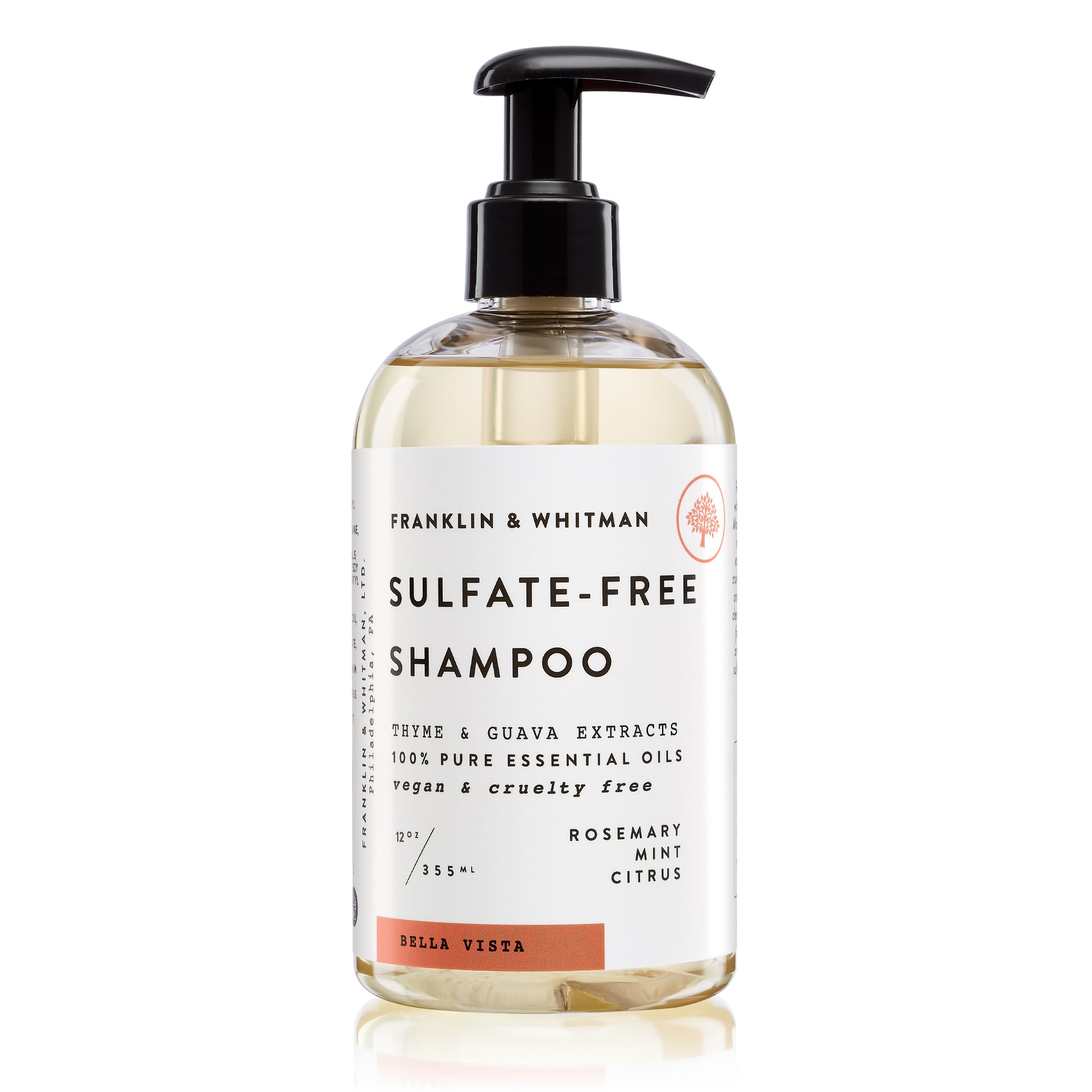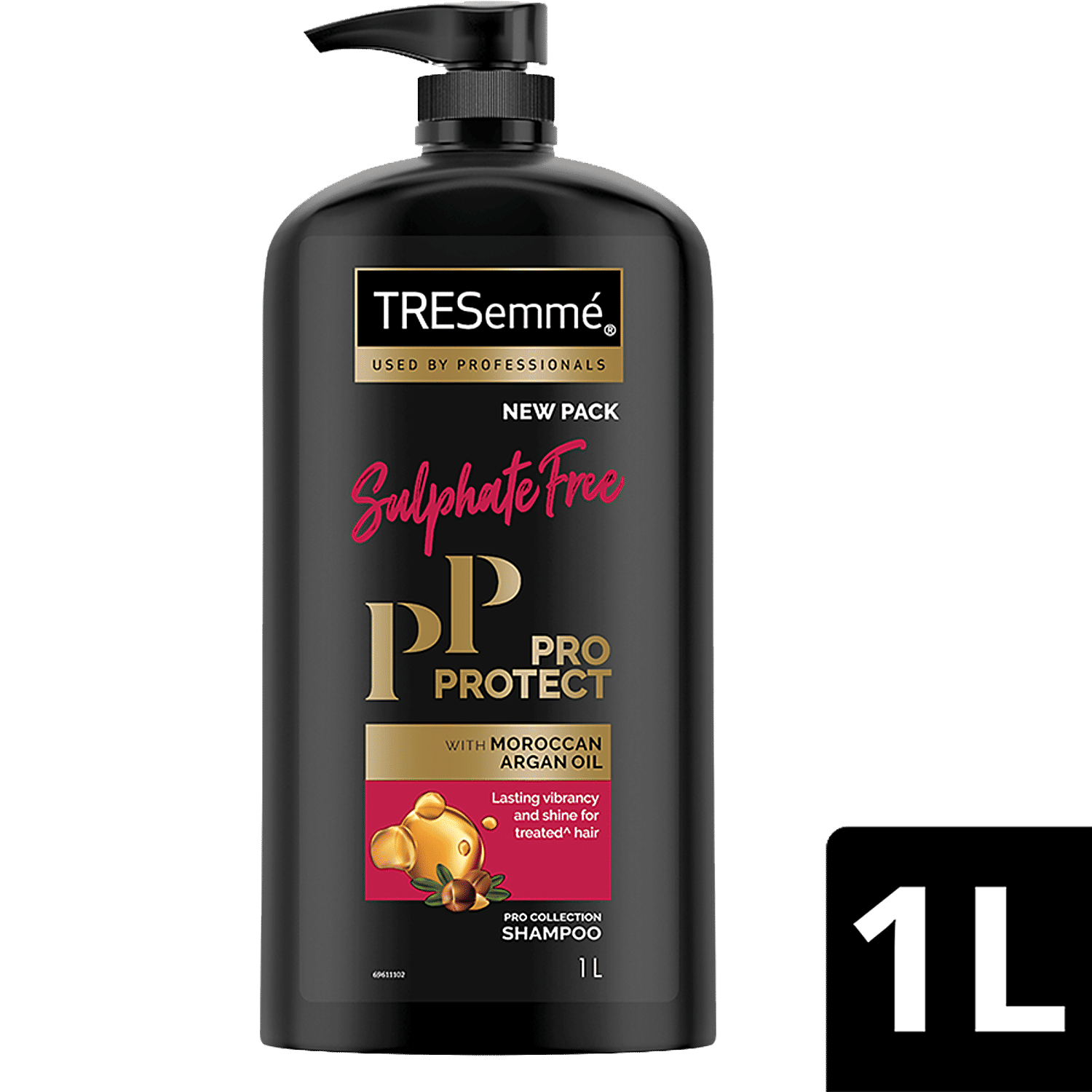The Definitive Guide to Sulphate Free Shampoo
The Definitive Guide to Sulphate Free Shampoo
Blog Article
All About Sulphate Free Shampoo
Table of ContentsMore About Sulphate Free Shampoo10 Simple Techniques For Sulphate Free ShampooThe Ultimate Guide To Sulphate Free Shampoo5 Simple Techniques For Sulphate Free ShampooThe Definitive Guide for Sulphate Free ShampooFascination About Sulphate Free Shampoo
We'll tell you why. In grocery store hair shampoos, we commonly find sulfates that solution to pleasant names such as Sodium lauryl sulfate, Ammonium Laureth sulfate or Magnesium laureth-8 sulfate. These are typically cheap surfactants that provide a cleaning agent measurement that allows it to wash hair. Their function is composed in making the product soap as well as emulsify the oils such as sebum and dirt with water in order to clean them off.Some people are actually allergic to them. If you have a sensitive scalp or wish to reduce the weakening and loss of hair, limiting the usage of items containing sulfates can assist. sulfate free shampoo and conditioner. Making use of a sulfate-free hair shampoo could actually make a difference: it cleans hair just as well thanks to moderate surfactants, so you do not need to utilize even more of it in the shower
Sulphate Free Shampoo - An Overview
Contrarily to cleaning formulas that aggravate or dry hair out as a result of sulfates, a sulfate-free hair shampoo becomes much milder. Which minimizes the itching and firm of the scalp. Those that made the switch from a traditional shampoo to sulfate-free usually see that they are much less lured to itch their hair as a result of their previously inflamed scalp.
Without a doubt, when you run your (often filthy) hands through your hair, this makes it greasier faster. Simply put, given that sulfates completely dry hair out, irritate the scalp and there are much milder and all-natural options, you might too maximize it and lather up in a different way. Because sulfates are really detergent, particularly the Sodium Lauryl Sulfate (SLS), they harm the hair follicle at the origin of the hair which compromises it, decreases development and over time favours loss of hair.
I've been paying even more attention to hair scientific research information on the web lately. There are a great deal of totally wrong descriptions, and strong viewpoints, and individuals shouting at each various other however because I like pain obviously, I'm mosting likely to speak concerning it. I'm starting with sulfate versus sulfate-free hair shampoos. I've chatted about it a little bit before, yet I'm entering into even more depth this moment.
Some Known Facts About Sulphate Free Shampoo.
Yet before we discuss sulfates, we have to speak about the state of hair scientific research not just web hair science, however real academic hair scientific research It's a mess. The video variation is here, keep scrolling for the article version There's three large reasons I assume there's so much confusion around hair scientific research.
Different hair just does not reply to haircare items the same way. Skin care appears facility, yet when you damage it down it's really rather uncomplicated (maybe also it seems in this way to me due to the fact that I have actually been speaking concerning it for as long). With skin type there's oily and dry and in between, after that you have worries like great lines, pigmentation, acne.
However when it boils down to it, components tend to work pretty likewise for every person. If a hundred individuals use glycerin on their skin, you may have 60 people's skin obtain even more hydrated and enhance, 20 people's skin remains around the same, the last 20 might become worse for one reason or another like the glycerin helped some other active ingredient penetrate and their skin obtained inflamed, or they have an allergic reaction
How Sulphate Free Shampoo can Save You Time, Stress, and Money.

Take wet versus completely dry detangling. The means water engages with hair is strange.-'m not going to enter into much information right here, that's a whole subject for another 5 posts. In brief: it weakens the bonds gluing the within of the hair with each other (which is why hair obtains stretchy when it's damp), however adds stickiness to the exterior of the hair, so hairs stick together extra quickly and you require more pressure to obtain the comb through.
Excitement About Sulphate Free Shampoo
These are the roof covering tile-looking cells externally, and that implies they can slam versus each various other even more and chip. Level follicle in dry hair Raised cuticle in wet hair So all of this implies it's less damaging to detangle hair when it's completely dry for straight hair. It's the opposite for curly hair.
The follicle still stands more, the curly hair is still weak on the within and sticky outside, the hair is still a lot more breakable. 2 huge differences: navigate here because there's less alignment (tessellation) in between curly hair strands contrasted to straight hair. It resembles exactly how spaghetti sticks much even more than spiral pasta.
See This Report on Sulphate Free Shampoo

Hair researchers don't even recognize the structure of hair in that much detail. The understanding is still evolving fairly swiftly, and there simply isn't that much consistency with terminology also in the peer assessed literature. As an example, around the late 90s, some hair researchers decided that half the protein in hair wouldn't be called keratin any longer.
And this is main to the discussion about sulfates in shampoos. Sulfates normally describes salt lauryl sulfate and salt laureth sulfate, two of the cleaning components or surfactants discovered in cleansing items such as hair shampoos. Surfactants are unique because they have a head that likes water, and a tail that likes oil.
Report this page